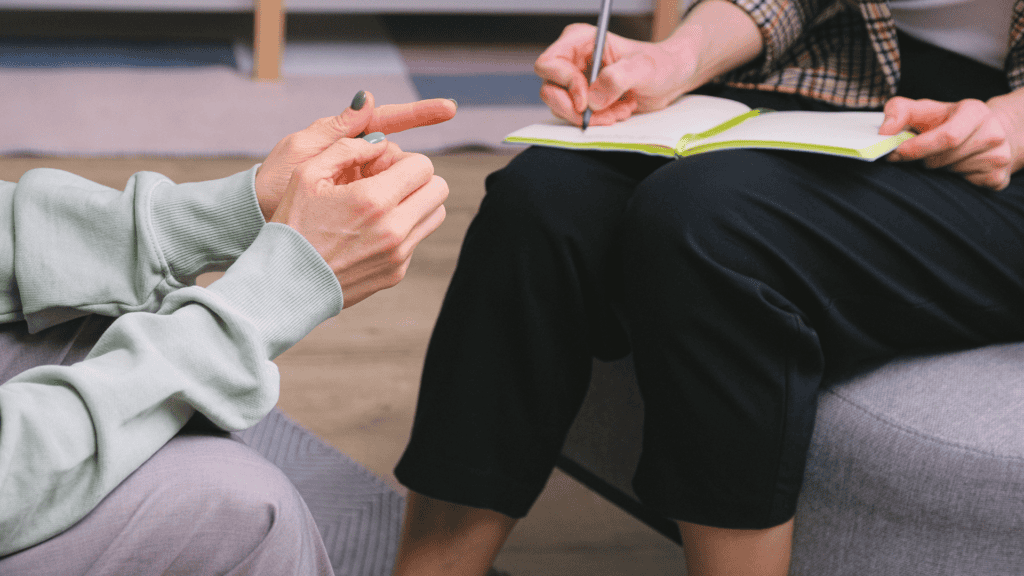I Want to Quit Drugs in 2025 is a goal that requires both courage and support. Deciding to quit using substances is one of the hardest yet most rewarding choices you can make. Addiction is complex—it changes how your brain works, leading to cravings and withdrawal symptoms that can feel impossible to handle.
But you’re here, reading this, and that means you’ve already taken the first step. Recovery isn’t about perfection; it’s about persistence, even when the journey feels impossible.
I Need Help or I Want to Change
If you’ve ever thought, I want to quit drugs in 2025, know that it’s a brave and life-changing decision. Recovery is challenging, but it is also worth every effort. Addiction affects your brain, creating both physical and emotional obstacles to overcome.
The fact that you’re considering this journey shows immense strength. Recovery doesn’t require you to have all the answers—it just requires you to keep trying, one day at a time.
How Addiction Takes Hold
Addiction often starts subtly, whether through a prescription, a social situation, or an attempt to cope with stress or trauma. Opioids like fentanyl and heroin bind to the brain’s receptors, creating a sense of euphoria. Over time, your body craves more to achieve the same effect, leaving you trapped in a cycle of dependence.
If addiction has taken hold, you might find yourself saying, “I can quit whenever I want.” But over time, it becomes the first thing you think about when you wake up, a necessity to avoid withdrawal symptoms like nausea, pain, and anxiety.
Getting Help: You Don’t Have to Do This Alone

Quitting opioids—especially substances like fentanyl or heroin—can be dangerous without professional help. Withdrawal symptoms can be severe and, in some cases, life-threatening.
Seeking help isn’t a sign of weakness; it’s a sign of strength. Addiction clinics, harm reduction programs, and healthcare providers are there to guide you toward recovery without judgment.
For information on harm reduction strategies and services, check out Alberta Health Services’ Harm Reduction page.
What Getting Help Looks Like
- Medication-Assisted Treatment (MAT): Medications like methadone or buprenorphine can help manage cravings and withdrawal, giving you the stability to focus on recovery.
- Detox Support: Medically supervised detox ensures your body safely adjusts as you reduce substance use.
- Therapy and Counseling: Understanding the emotional roots of your addiction is key to long-term recovery. Therapy can help you develop strategies to stay clean.
Relapse is Part of Recovery
If you’ve made the resolution I want to quit drugs in 2025 but experience a relapse, it’s not a failure—it’s a step in the recovery process. Many people relapse as they learn to navigate the challenges of sobriety.
Relapse is a chance to reflect, regroup, and remind yourself why recovery matters. Each step forward, even after a setback, brings you closer to your goal.
Harm Reduction: Keeping Yourself Safe
If quitting entirely feels too overwhelming right now, harm reduction can help keep you safe while you work toward your resolution.
- Supervised Consumption Sites: These provide a safe environment to use substances with medical support available. You can find locations around you here.
- Naloxone Kits: Carrying naloxone can save lives in case of an overdose. Here are a list of places that offer Naloxone kits through Alberta Health Services.
- Substance Testing: Ensuring substances aren’t laced with fentanyl or other harmful additives can prevent accidental overdoses.
- Never Use Alone: Having someone nearby can be lifesaving if something goes wrong.
These measures don’t mean you’ve given up on quitting—they mean you’re taking care of yourself until you’re ready to fully commit.
The Journey Ahead
Recovery is not about being perfect. It’s about taking the first step.
Today, that step might be reading this blog. Tomorrow, it might be reaching out to a trusted person or a clinic. Recovery is a process that requires persistence, courage, and support.
Where to Find Support
If you’re in Alberta and ready to begin your recovery journey, here are some resources:
- Addiction Helpline: 1-866-332-2322 (confidential, 24/7 support)
- Kickstand Virtual Services: Free counseling and resources for young people.
- Harm Reduction Services: Find supervised consumption sites and naloxone kits near you.
You’re not alone in this fight. Remember, every great comeback starts with a single decision: I want to quit drugs in 2025.
